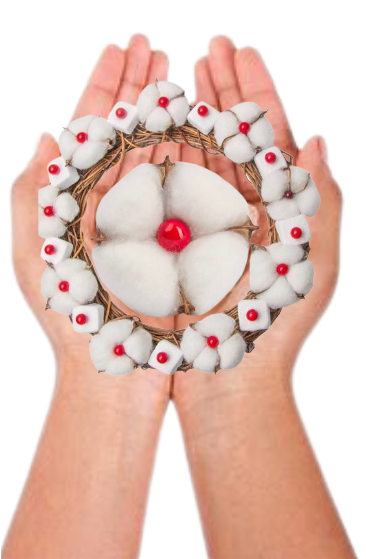Hope
- Home
- Hope

Healing legacy through unity, justice
From the shadows of pain, hope rises – guiding us towards unity, strength, and a future rooted in healing and peace. Though centuries have passed since the formal abolition of chattel slavery, its legacy lives on – etched into our collective psyche, our social structures, and our lived experiences. Slavery may have ended on paper, but its harsh realities still echo across generations, in the form of trauma, inequality, and systemic injustice.
The psychological scars of enslavement – the dehumanisation, the generational loss, the erasure of culture and identity – continue to shape the lives of millions across the African diaspora. These wounds, though often unseen, are deeply felt. They show themselves in disparities in wealth, health, education, and opportunity. They manifest in the struggle for recognition, dignity, and belonging.
And yet, from this painful history, hope endures. It lives in the strength of those who refused to be broken. It rises in the voices that tell their stories, reclaiming narratives long silenced. It breathes in the resilience of communities who continue to rise, to rebuild, and to imagine new possibilities for future generations. Hope is not blind optimism. It is the courageous belief that transformation is possible – but only when grounded in truth, justice, and accountability. That is why reparations must be part of this journey. Not as charity, nor as a symbolic gesture, but as a tangible step towards repair. Reparations acknowledge the depth of the harm done – economically, culturally, spiritually, and psychologically – and represent a commitment to restoring what was systematically taken.
Hope is not blind optimism. It is the courageous belief that transformation is possible – but only when grounded in truth, justice, and accountability. That is why reparations must be part of this journey. Not as charity, nor as a symbolic gesture, but as a tangible step towards repair. Reparations acknowledge the depth of the harm done – economically, culturally, spiritually, and psychologically – and represent a commitment to restoring what was systematically taken.
While no amount of financial compensation can ever equate to the suffering endured during slavery and the centuries of discrimination that followed, reparations are a moral and ethical obligation. They are part of a broader process of healing – one that includes education, policy reform, land restitution, institutional accountability, and the creation of spaces for truth-telling and remembrance.
Healing requires more than words – it requires action. It calls for renewed hearts and minds, willing to confront uncomfortable truths and to imagine a future no longer shaped by the chains of the past. A future in which the descendants of the enslaved can live with dignity, opportunity, and peace – not in spite of their history, but because their history has finally been acknowledged, honoured, and respected.
In choosing to remember, we choose to grow. In seeking justice, we sow the seeds of healing. And in centring hope – not as a passive wish, but as an active force – we move closer to the world our ancestors dreamed of. A world where humanity is restored, where wounds are tended with care, and where the legacy of pain gives way to a legacy of purpose, strength, and love. SUCOTETO

